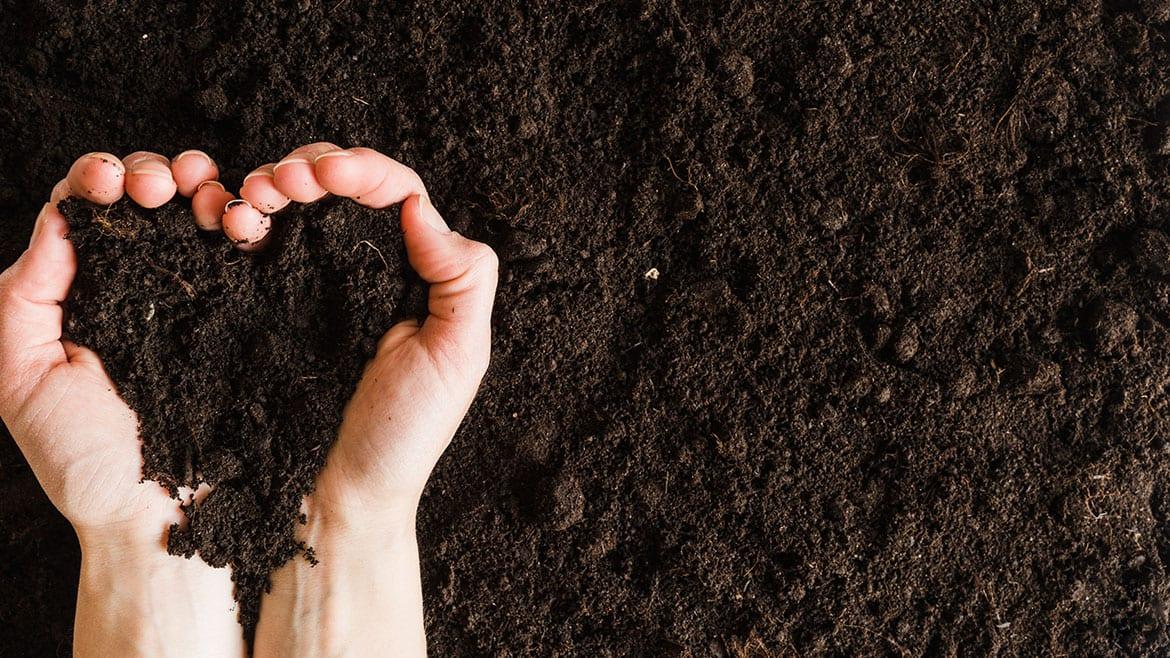
Why We Should Care About the Soil and Agriculture
Caring about soil and agriculture is vital for numerous interconnected reasons. Agriculture forms the foundation of our global food supply, making soil health crucial for producing the crops that feed the world. Sustainable soil management is essential to prevent food shortages and rising prices. Beyond food production, soil plays a critical role in maintaining environmental health. It filters water, stores nutrients, and supports plant life, which in turn sustains animal life. Proper soil management prevents erosion, maintains water quality, and helps mitigate the impacts of climate change by sequestering carbon dioxide from the atmosphere. Healthy soil supports biodiversity by providing a habitat for a myriad of organisms, including bacteria, fungi, insects, and earthworms, all of which contribute to soil fertility and ecosystem stability. This biodiversity is essential for resilient ecosystems and sustainable agriculture. Furthermore, the health of the soil directly influences the nutritional quality of the food we eat, impacting human health and well-being. Agriculture is a major economic activity globally, providing livelihoods for billions of people and supporting rural economies. Ensuring healthy soil leads to higher crop yields and better economic stability for farmers. Sustainable soil and agricultural practices are also crucial for the long-term viability of farming, ensuring that future generations will have the resources needed to grow food and maintain a healthy environment. Lastly, agriculture is deeply intertwined with the cultural practices and traditions of many societies. Protecting soil health helps preserve these cultural identities and ways of life, ensuring that the knowledge and practices passed down through generations continue to thrive. In essence, the health of our soil and the sustainability of our agricultural practices are fundamental to food security, environmental and human health, economic stability, biodiversity, climate change mitigation, sustainable development, and the preservation of cultural heritage. Caring about soil and agriculture is vital for numerous interconnected reasons. Agriculture forms the foundation of our global food supply, making soil health crucial for producing the crops that feed the world. Sustainable soil management is essential to prevent food shortages and rising prices. Beyond food production, soil plays a critical role in maintaining environmental health. It filters water, stores nutrients, and supports plant life, which in turn sustains animal life. Proper soil management prevents erosion, maintains water quality, and helps mitigate the impacts of climate change by sequestering carbon dioxide from the atmosphere. Healthy soil supports biodiversity by providing a habitat for a myriad of organisms, including bacteria, fungi, insects, and earthworms, all of which contribute to soil fertility and ecosystem stability. This biodiversity is essential for resilient ecosystems and sustainable agriculture. Furthermore, the health of the soil directly influences the nutritional quality of the food we eat, impacting human health and well-being. Agriculture is a major economic activity globally, providing livelihoods for billions of people and supporting rural economies. Ensuring healthy soil leads to higher crop yields and better economic stability for farmers. Sustainable soil and agricultural practices are also crucial for the long-term viability of farming, ensuring that future generations will have the resources needed to grow food and maintain a healthy environment. Lastly, agriculture is deeply intertwined with the cultural practices and traditions of many societies. Protecting soil health helps preserve these cultural identities and ways of life, ensuring that the knowledge and practices passed down through generations continue to thrive. In essence, the health of our soil and the sustainability of our agricultural practices are fundamental to food security, environmental and human health, economic stability, biodiversity, climate change mitigation, sustainable development, and the preservation of cultural heritage.
